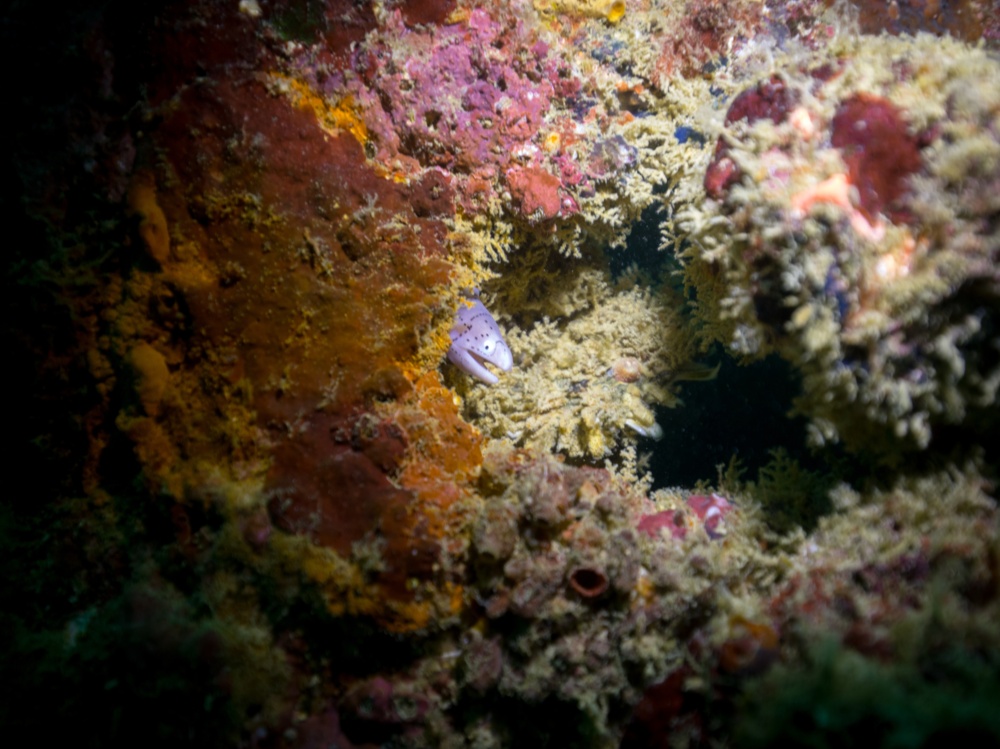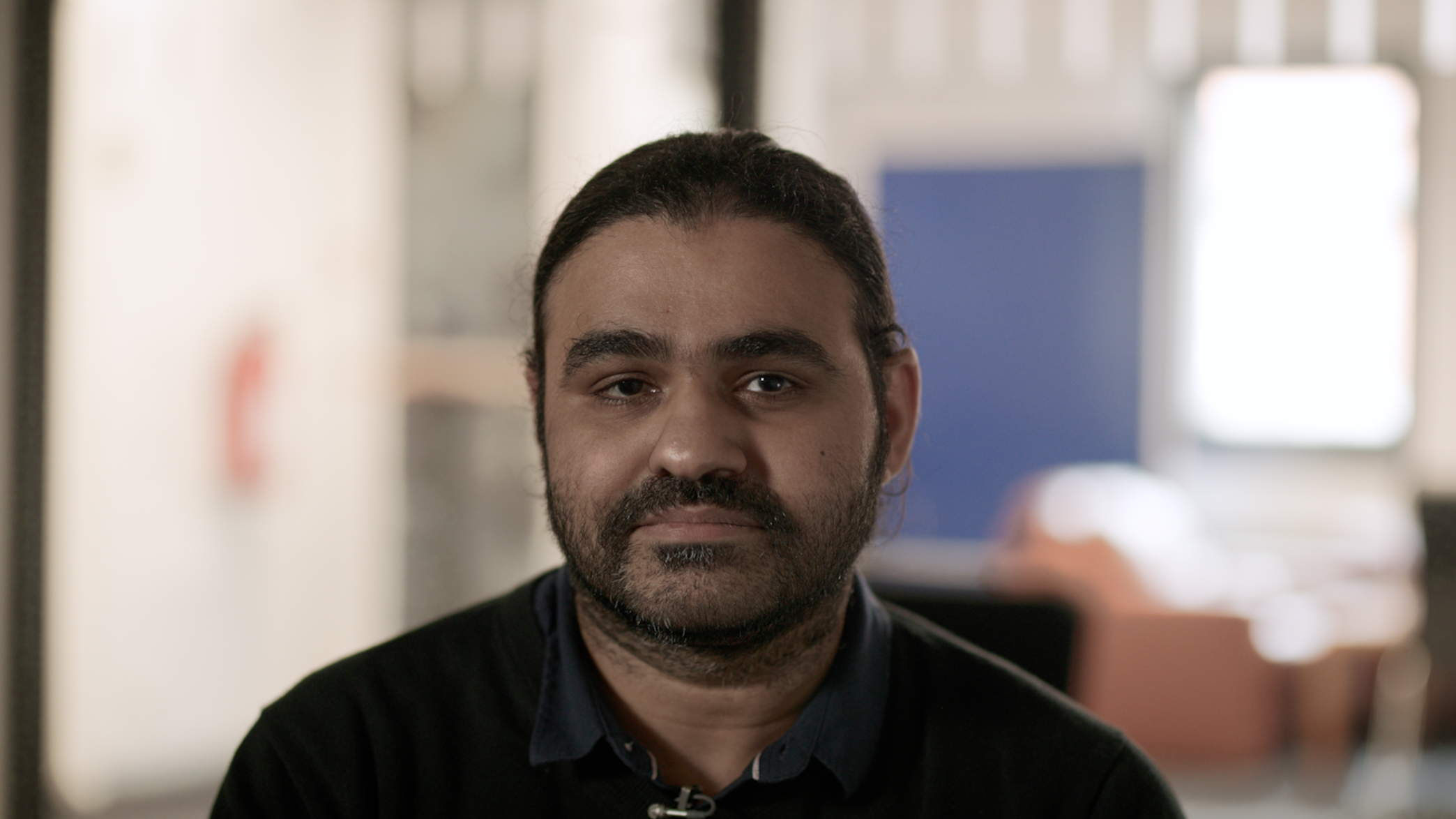
European Parliament responds to Norway's decision to open the Arctic to deep-sea mining by calling for a global moratorium on the industry
The Deep Sea Conservation Coalition (DSCC), Environmental Justice Foundation (EJF), Greenpeace, Seas at Risk (SAR), Sustainable Ocean Alliance (SOA) and the World Wide Fund for Nature (WWF) welcome the adoption of Resolution B9-0095/2024 by the European Parliament regarding Norway’s decision to advance deep-sea mining in the Arctic. The adoption of this resolution comes as global resistance to this industry has reached an all-time high.
The European Parliament voted in favor of Resolution B9-0095/2024, sending a strong signal and expressing critical environmental concerns regarding Norway’s decision to open vast areas in Arctic waters for deep-sea mining activities. The resolution reaffirmed the Parliament’s support for a moratorium and called on the EU Commission, Member States and all countries to apply the precautionary approach and promote a moratorium on deep-sea mining, including at the International Seabed Authority.
“We very much welcome this resolution by the European Parliament reaffirming its call for a moratorium on this destructive and risky industry before it begins. As momentum grows globally for a moratorium, we call on Norway to reverse its decision before irreversible damage is inflicted to our ocean,” said Sandrine Polti, Europe Lead for the DSCC.
The SOA’s Anne-Sophie Roux, Deep Sea Mining Europe Lead, expressed: “At present, we lack the robust, comprehensive, and credible scientific knowledge to allow for a reliable assessment of the impacts of deep-sea mineral extraction. Any mining activity would therefore contradict Norway’s commitment to the precautionary approach, sustainable management, and international climate and nature obligations.”
“By opening up for deep-sea mining in the Arctic, Norway is ignoring hundreds of concerned ocean scientists and losing all credibility abroad as a responsible ocean nation. This should be a warning to any government considering going ahead with mining the deep sea”, says Haldis Tjeldflaat Helle, Deep-Sea Mining Campaign Lead, Greenpeace Nordic.
The Parliament’s resolution follows a decision made by the Norwegian parliament on January 9, 2024, to greenlight deep-sea mining activities across more than 280,000 square kilometers – an area equivalent to the size of Italy, in the sensitive Arctic. The move sparked widespread concern amongst the global community, such as scientists, the fishing industry, NGOs/civil society and activists, including a petition that has garnered over 550,000 signatures to date. The Norwegian Environment Agency, deemed that the strategic environmental impact assessment provided by the Norwegian government does not provide a sufficient scientific or legal basis to open for either deep-sea mining exploration or exploitation.
“The Norwegian government’s decision to open up for deep-sea mining activities bulldozes over recommendations of its own expert bodies, leading scientists, universities, financial institutions and civil society. As a self-proclaimed ocean leader, Norway should be guided by the science. The evidence is clear – for a healthy ocean we need a global moratorium on deep-sea mining.” says Kaja Lønne Fjærtoft, the Global No Deep Seabed Mining Policy Lead for WWF International
The Parliament’s resolution raises concerns of Norway’s deep-sea mining plans on EU fisheries, food security, Arctic marine biodiversity and the potential transboundary impacts on neighboring countries. Furthermore, due to not fulfilling the strategic environmental impact assessment criteria, Norway could potentially be in breach of national and international law.
Simon Holmström, Deep-Sea Mining Policy Officer at Seas At Risk stated: “Arctic ecosystems are already under immense pressure due to climate change. If deep-sea mining is permitted to proceed, it could disrupt the world’s largest carbon sink – the deep sea – and cause irreversible and permanent loss of marine biodiversity within and beyond Norwegian waters. We cannot let that happen.”
To date, 24 countries globally, including 7 EU countries (Finland, France, Germany, Ireland, Portugal, Spain, and Sweden), are calling for a moratorium or pause on the industry. Multinational companies such as Google, Samsung, Northvolt, Volvo, and BMV have pledged not to source any minerals from the seabed.
Reports continue to sound the alarm that metals found in the deep sea are not needed and will only provide limited financial benefits to a select few, countering the claims of profit-driven deep-sea mining companies.
Martin Webeler, Deep-Sea Mining Campaign Lead for the Environmental Justice Foundation, added: “Deep sea mining is not needed for the green transition. Destroying nearly pristine ecosystems will not halt biodiversity loss and will not help us solve the climate crisis – it will make them worse. We need a serious rethink: full implementation of the circular economy and the overall reduction of demand for minerals must finally become our guiding principle.

ENDS
Contacts:
Patricia Roy, Press Officer, Deep Sea Conservation Coalition. +34 696 905 907, patricia@communicationsinc.co.uk
Kaja Lønne Fjærtoft, Global Policy Lead No Deep Seabed Mining, WWF International kfjaertoft@wwf.no
Anne-Sophie Roux, Deep-Sea Mining Europe Lead, Sustainable Ocean Alliance
Simon Holmström, Deep-Sea Mining Policy Officer, Seas At Risk, +32479185808 sholmstrom@seas-at-risk.org
Martin Webeler, Deep-Sea Mining Campaign Lead, Environmental Justice Foundation martin.webeler@ejfoundation.org
Haldis Tjeldflaat Helle, Deep-Sea Mining Campaign Lead, Greenpeace Nordic
SIGN UP FOR OUR EMAILS AND STAY UP TO DATE WITH EJF

